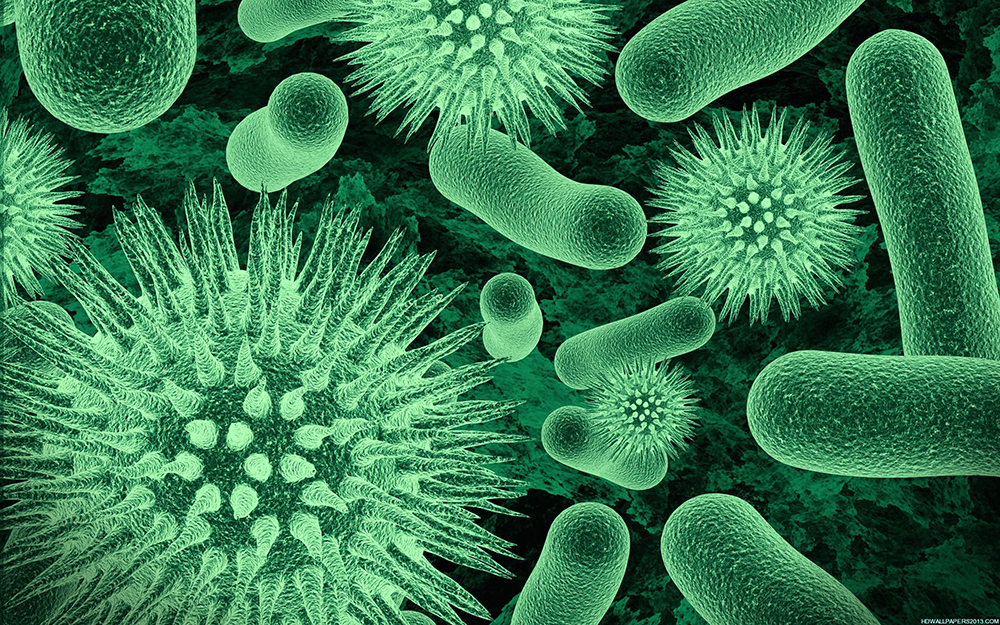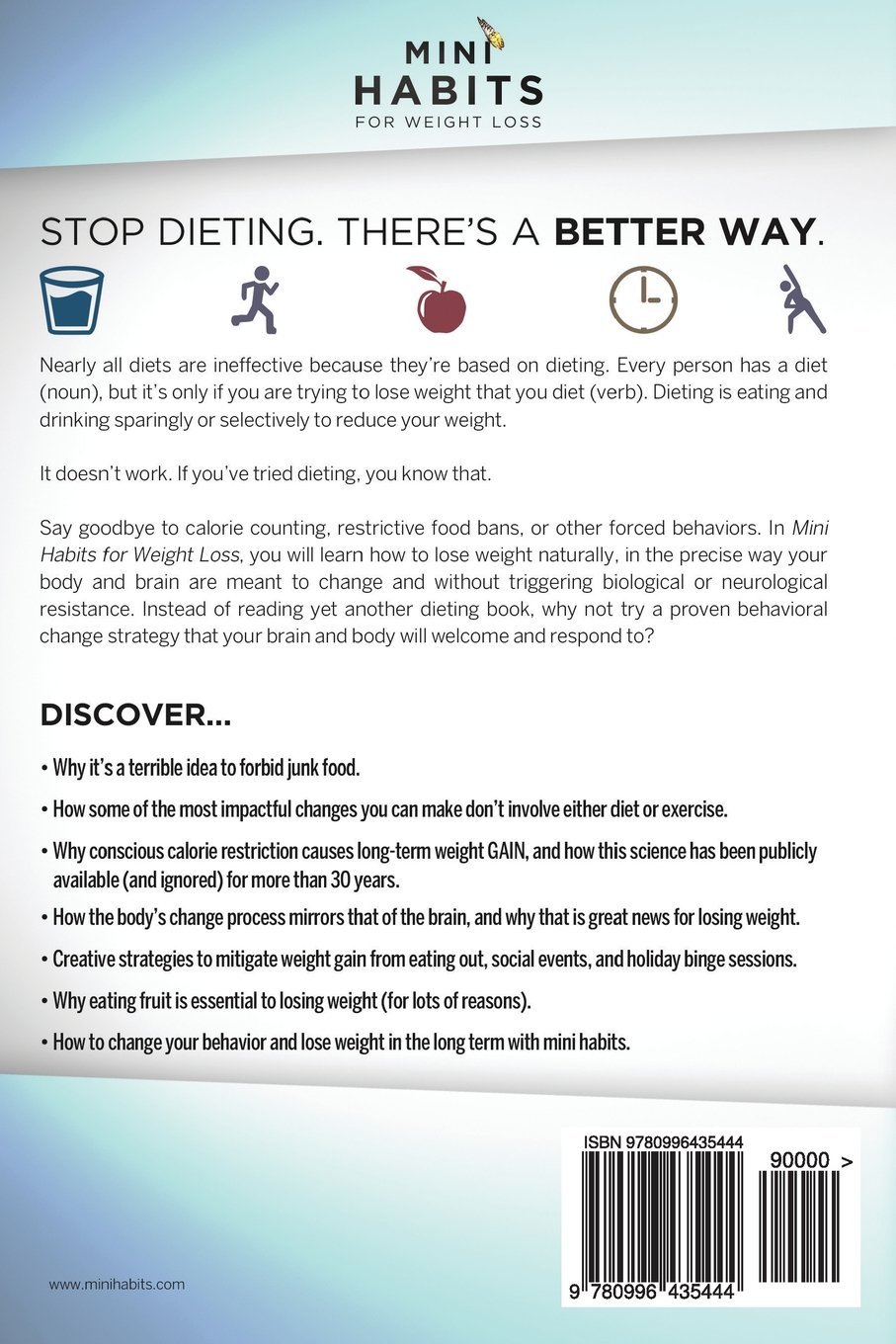
To control your blood sugar is the primary goal of a diabetic life style. This can easily be achieved through diet and exercise. For blood sugar control, oral insulin and other medications can be used. To regulate insulin levels, you need to eat three small meals each day. Avoid empty calories like soda and fast food as they can spike blood sugar. This article will show you how these simple changes can improve your health.
Diabetes diets are high in fat and can increase blood glucose levels. Your glucose level will increase if you're obese. Obesity increases your risk of developing heart disease and cancer. You must eat a balanced diet with high fiber and low levels of fat, salt, and cholesterol. It is also important to be active and eat healthy foods. Also, limit your intake of sweets and alcohol.

There are many different ways to get enough proteins in your diet. You can find high-quality protein in meat, poultry, and fish. Vegetarians are also allowed to eat soy-based meat, fish, and tempeh. A rainbow of colors is also important for a healthy diet. Even if your diet doesn't include meat or dairy products, it is still important to consume a variety of protein-rich foods.
A healthy lifestyle includes a diabetic diet. Diabetics are more likely than others to suffer from stroke and heart disease. A healthy diet can help increase life expectancy. It also lowers the risk of many other major health conditions. By controlling your blood sugar level, you can reduce the risk of developing high blood pressure or cardiac disease. It will not affect the individual's efforts in controlling their disorder.
A diabetic diet aims to reduce the time a person sits. This is essential to manage blood glucose. If a person has high blood pressure, it may be difficult to exercise, and so the patient must take medication to control it. For diabetes, the average person should not exercise longer than 30 minutes per week. In addition, a diabetic diet should also limit alcohol intake. A person should also eat more fruits, vegetables, and other healthy foods.

The ADA recommends a diet low in sugar and fat. The diet should not contain any saturated fat or sugar. Drinking 100% pure fruit juice is a good idea. Diabetic should not drink "cocktails", or any other sugary beverages. They should stick with water and eat with food. Similarly, sugar substitutes in soft drinks are not recommended for diabetics. A diabetic should also limit their intake of saturated fats.
FAQ
Can I drink alcohol while exercising?
Yes. Alcohol has increased energy expenditure, speed up recovery time, and reduced soreness.
Also, alcohol increases insulin sensitivity which makes it easier to absorb glucose.
Alcohol can also cause dehydration which can lead to a slower metabolism. It can also decrease testosterone production, which can affect muscle-building ability.
These are the reasons women should not drink alcohol before going to work out. Women who drink heavily should wait at the least 24 hours before exercising.
Breastfeeding women should stay away from alcohol.
Men should limit their intake to one drink per day.
What kind of food should I avoid when trying to lose weight?
Avoid trans fats. Trans fats increase LDL (the harmful) cholesterol and lower HDL (the good).
Trans fats are found in deep-fried foods, fast food, packaged baked goods, snack cakes, and other processed foods.
These unhealthy fats can also lead to inflammation, which can cause heart disease and diabetes.
Avoid eating foods that contain artificial sweeteners. Artificial sweeteners increase the risk of getting cancer.
These chemicals are found everywhere, from soft drinks to chewing candy to candy bars to chewing gum. They appear in many other foods, including meat, poultry, fish, and eggs.
Artificial sweeteners include saccharin.
The American Heart Association suggests that you avoid these chemicals as they can cause DNA damage in your cells.
What is the best exercise for men over 40 years old?
Older men often have more energy and stamina when they exercise.
It is important to note that most people over 40 experience a loss of testosterone in their bodies, resulting in lower sex drive.
But, that doesn't mean you can't enjoy some physical activity. Research has shown that exercise regularly can increase testosterone in men.
So, if you want to improve your sexual performance, you can start with an aerobics routine.
Why Metabolic Well-being is the Key to Aging Well
People live longer today than ever before. However, people are getting sicker as they live longer. Our current medical science approach is not working, even though we've made many advances.
We have to change how we see health and aging. Healthy aging is possible only if we look at our metabolic health, not just weight loss, but also overall well-being.
To live a full and active life, your metabolism should be healthy all your life.
The good news is that there are many ways to improve your metabolic health. One of those ways is to incorporate these 7 foods into your diet:
-
Blueberries contain resveratrol, which has been shown to help support cellular longevity. They also contain vitamins C & E, as well as antioxidants.
-
Lentils and pinto beans, which are legumes, provide great fiber and plant-based sources of protein. These nutrients help to keep blood sugar levels constant so they don't spike and crash.
-
Broccoli's sulforaphane has been shown to protect DNA from damage in research. It could even slow down the growth of cancer.
-
Chia Seeds are high-in omega-3 fatty acids, fiber, and other nutrients. They are also rich in antioxidants, protein, and fiber. These nutrients promote gut health, brain function and heart health.
-
Green Tea contains polyphenols called catechins. Green tea's catechins have been linked with reduced bone fractures as well as cardiovascular disease, cognitive decline, dementia, and increased diabetes risk.
-
Salmonis one of the best sources of lean protein, low in saturated fat, and packed with vitamin D.
-
Walnuts are high in omega-3s. They also contain antioxidants like alphalipoic Acid (ALA). ALA is an antioxidant that protects against inflammation. It also boosts energy production.
Statistics
- Candidates and applicants must pass all four tests at 70% (minimum level) to graduate from Basic Deputy U.S. Marshal (BDUSM) Training. (usmarshals.gov)
- According to the American Academy of Dermatology (AAD), men over 50 are at a heightened risk of developing it. (healthline.com)
- The PRS enabled risk stratification for overall prostate cancer and lethal disease with a four-fold difference between men in the highest and lowest quartiles (HR, 4.32; 95% confidence interval [CI], 3.16-5.89). (pubmed.ncbi.nlm.nih.gov)
- Are You One of the 20% of Guys (mh.co.za)
- By John Thompson Take a whopping 38% off a set of PowerBlock Pros. (menshealth.com)
External Links
How To
What nutrients does a man require daily?
Men require daily nutrition for healthy growth and development. The body needs vitamins, minerals as well as proteins, carbohydrates and fats.
You also need specific nutrients for different times in the day. Your body makes hormones, antibodies and enzymes when you are asleep. Protein is needed to build muscles and repair tissue damaged when you wake up.
Your body uses the night to break down fat and store extra energy as glucose. Your body will still need nutrients, but it will require fewer calories during this time. You may have an occasional snack during the evening hours if you feel hungry.
To fuel your muscles while you train, you will need sufficient carbs as well as protein. You may feel sore muscles if you exercise hard.
You must ingest carbs and protein within two hours of training to prevent this. Your body will break down stored glycogen to provide glucose for energy.
You must also eat protein right after you finish your workouts. This prevents muscle tissue loss that happens while you sleep.
During periods of intense physical activity, your body produces lactic acid. Your body can build up lactic acid in the bloodstream which causes fatigue. This can be avoided by eating foods high in carbohydrates like fruits and vegetables.
Carbohydrates give your body the energy it needs to recover from strenuous exercise.
A healthy diet should include lean meats such as fish, eggs and milk, cheese, yogurts, beans, seeds, nuts, and beans.
All these foods are high-quality sources of protein. Protein promotes muscle growth, and helps repair damaged tissues. It also provides the amino acids your body needs to produce sex hormones and testosterone.
To maintain healthy skin, hair, and joints, you also need sufficient dietary fats. Healthy men need between 20% - 35% of the total caloric intake to be fat.
Fat is good for your heart and helps you fight cancer. It is essential for proper brain function.
You can get most of the fat you need from vegetable oils like olive oil, sunflower oil, corn oil, soybean oil, peanut oil, and safflower oil.
These oils are high in monounsaturated fatty acids (MUFAs). MUFAs lower cholesterol and decrease inflammation. They also protect your cells from damage caused by free radicals.
Saturated fats (SFAs), are found mainly in animal products such as meat, milk products, and butter. SFAs increase LDL ("bad") cholesterol, and increase triglycerides. They promote weight gain as well as belly fat.
Polyunsaturated oils (PUFAs), are found in plant-based foods like nuts, seeds and vegetable oils. PUFAs improve cardiovascular function and decrease inflammation. They are also good for controlling blood sugar and cholesterol.
Men with low HDL ("good") cholesterol often suffer from erectile dysfunction. Consuming high amounts of saturated fats can increase bad cholesterol and lower good cholesterol.
Red meat and pork are a common source of prostate problems in men who eat a lot. When heated, nitrates are converted to nitrosamines. These compounds can lead to cancer.
Nitrites and other harmful chemicals are common in processed meats. Avoid them.
The American Heart Association recommends eating no more than 2 servings of red meat per week. Instead, choose poultry, fish, legumes, tofu, whole grain bread, and cereals.